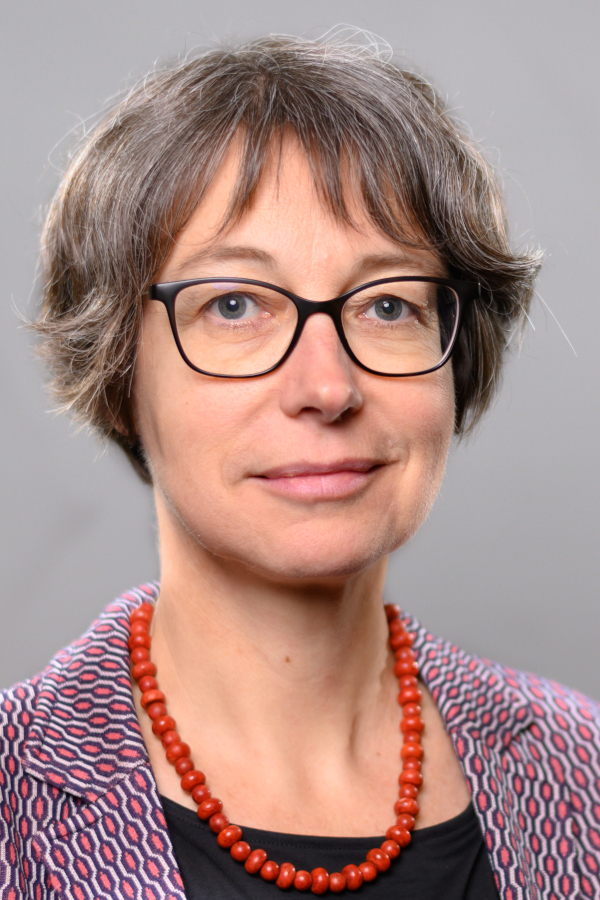
The High Level Political Forum on Sustainable Development (HLPF) of the United Nations dedicates itself every year to the state of implementation of Agenda 2030 and specifically to the Sustainable Development Goals (SDGs). For the second year in a row, the Federal Ministry for Economic Cooperation and Development (BMZ) and the Federal Ministry for the Environment, Nature Conservation and Nuclear Safety (BMU), have been organizing a “German HLPF Conference” to link the discussions on the German sustainability strategy with the debates at the United Nations.
On 2 December 2020, Prof Dr Imme Scholz, Deputy Director at the German Development Institute / Deutsches Institut für Entwicklungspolitik (DIE), took part in the second German HLPF conference, which was entitled “On the way to the Decade of Action 2020-2030: Which paths lead us to sustainable development?”. The representatives of the development and environmental policy associations, the German Trade Union Confederation (DGB) and the Confederation of German Industry (BDI), discussed very controversially, whether the German sustainability strategy is already convincingly advocating transformative public action and whether it also provides sufficiently clear incentives for changes in the economy and labor markets, both in Germany and in transnational supply chains.
On a podium with Maja Göpel (The New Institute) and Klaus Milke (Germanwatch / Foundations 20), Imme Scholz addressed the consideration that sustainability crises (climate/ corona) make new demands on the commitment to the common good. This obligation should be reflected in the actions of the government, the parliaments, the individual citizens, and in economic life. It was not enough to focus on the common good of one’s own country, but the welfare of the global community and future generations must also be promoted. Finding a fair balance between current and future interests is difficult in Germany, too, said Scholz.
*A post by the German Development Institute/ Deutsches Institut für Entwicklungspolitik (DIE).